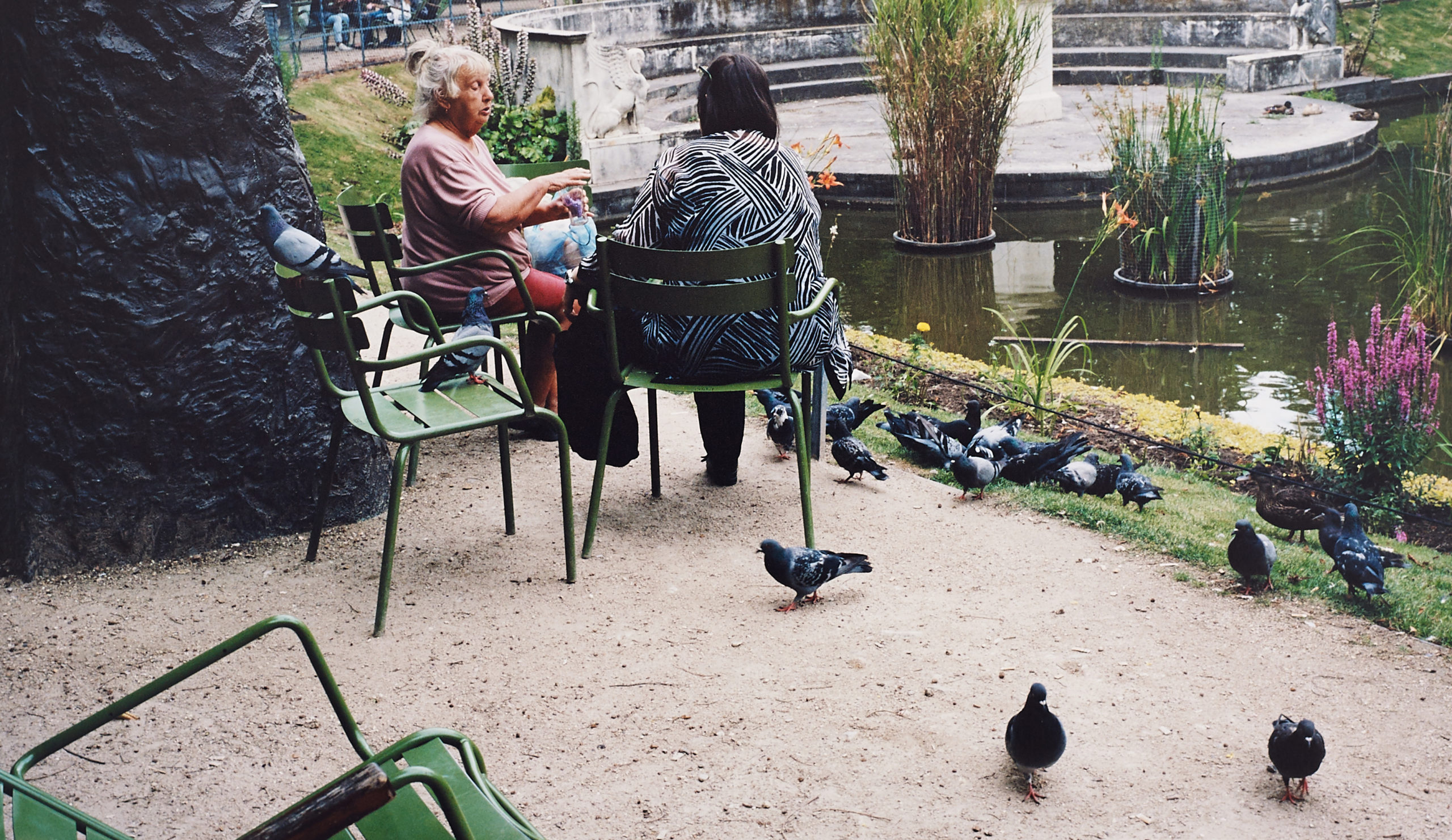
Joe Zorrilla, Cartographies (Paris scene) – detail, 2017, c-print, 51,5 x 61,5 cm
Joe Zorrilla
April 29 ⏤ July 2, 2022
“The medium of photography in general has never really been of great interest to me, it is the activity of making photographs that has been important for my work. When I was leaving graduate school there was an urgency to rent big studios and eventually hire assistants, managers – all things very professional. I wanted to avoid this route and photography has always been a tool for me to be in the world with all its geometries and energy. It’s a form of note-taking and contemplation that is very similar to drawing for me. Rarely are my sculptures or drawings directly correlated to the images I make, but I like to think the aimless observing through the act of making photographs informs the whole of my practice. It helps me map my understanding of things. To avoid the realm of the professional, one must allow a certain amount of vulnerability into the practice of life and art.”
⏤ Joe Zorrilla
⏤ Joe Zorrilla
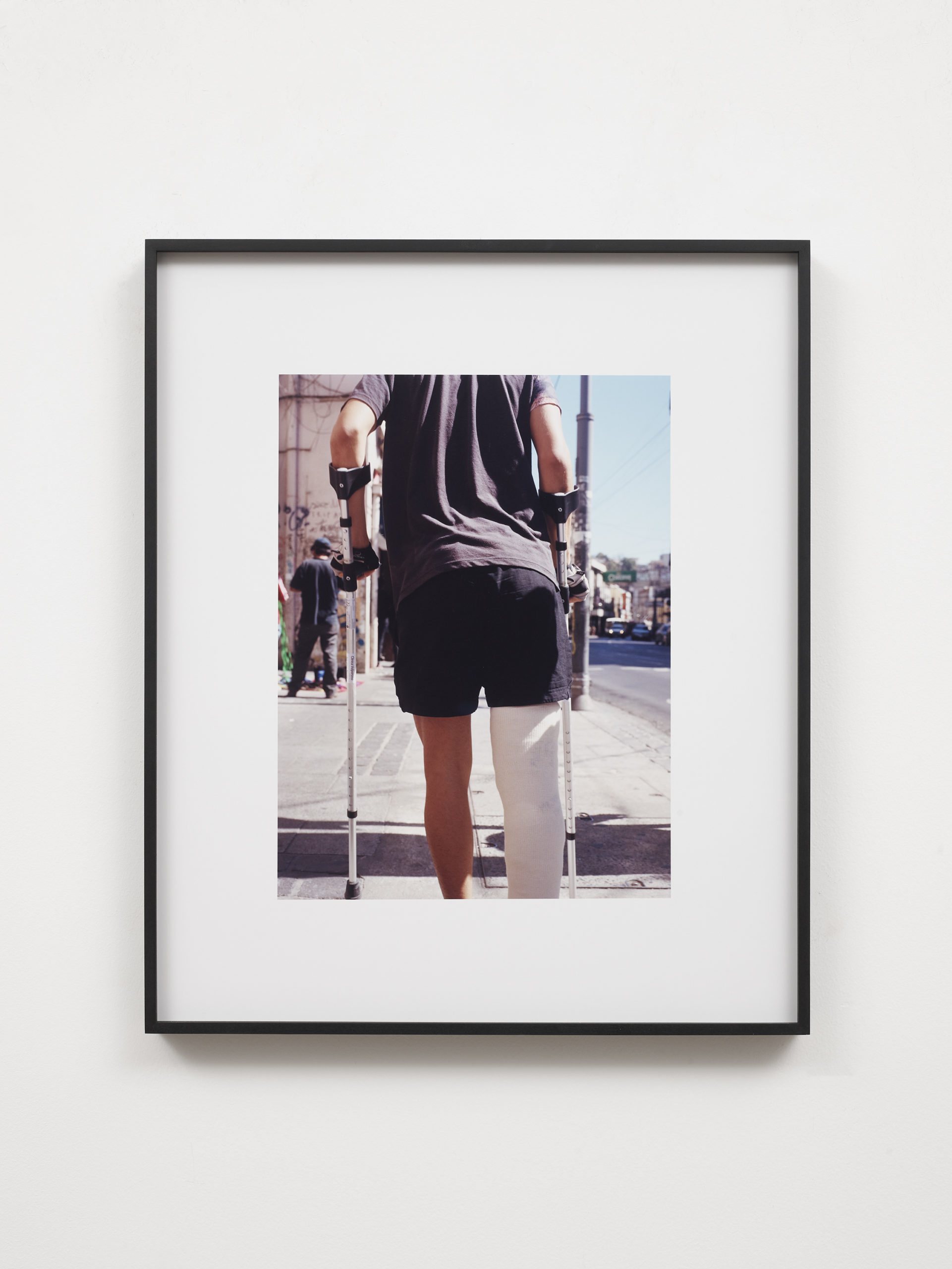
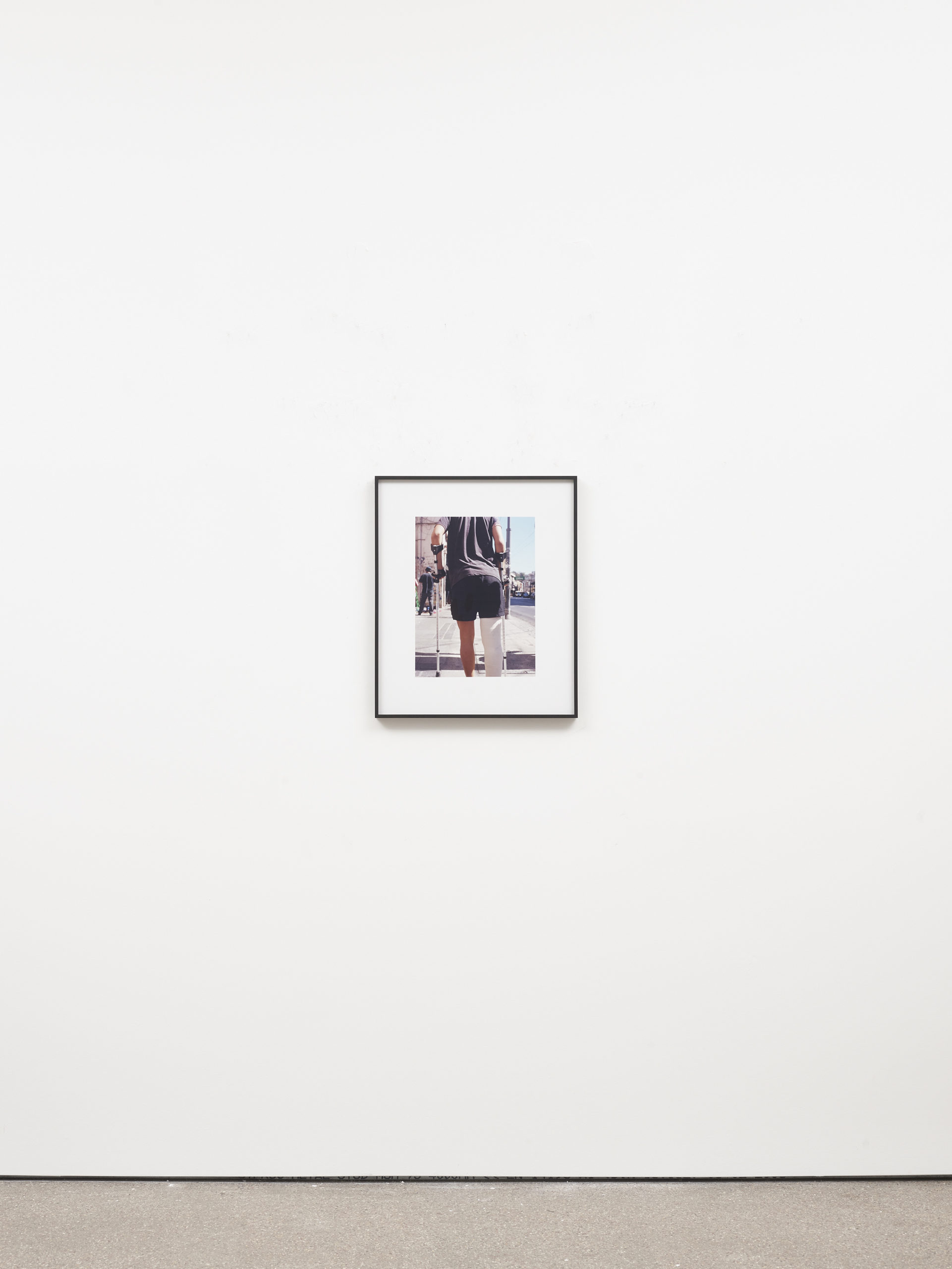
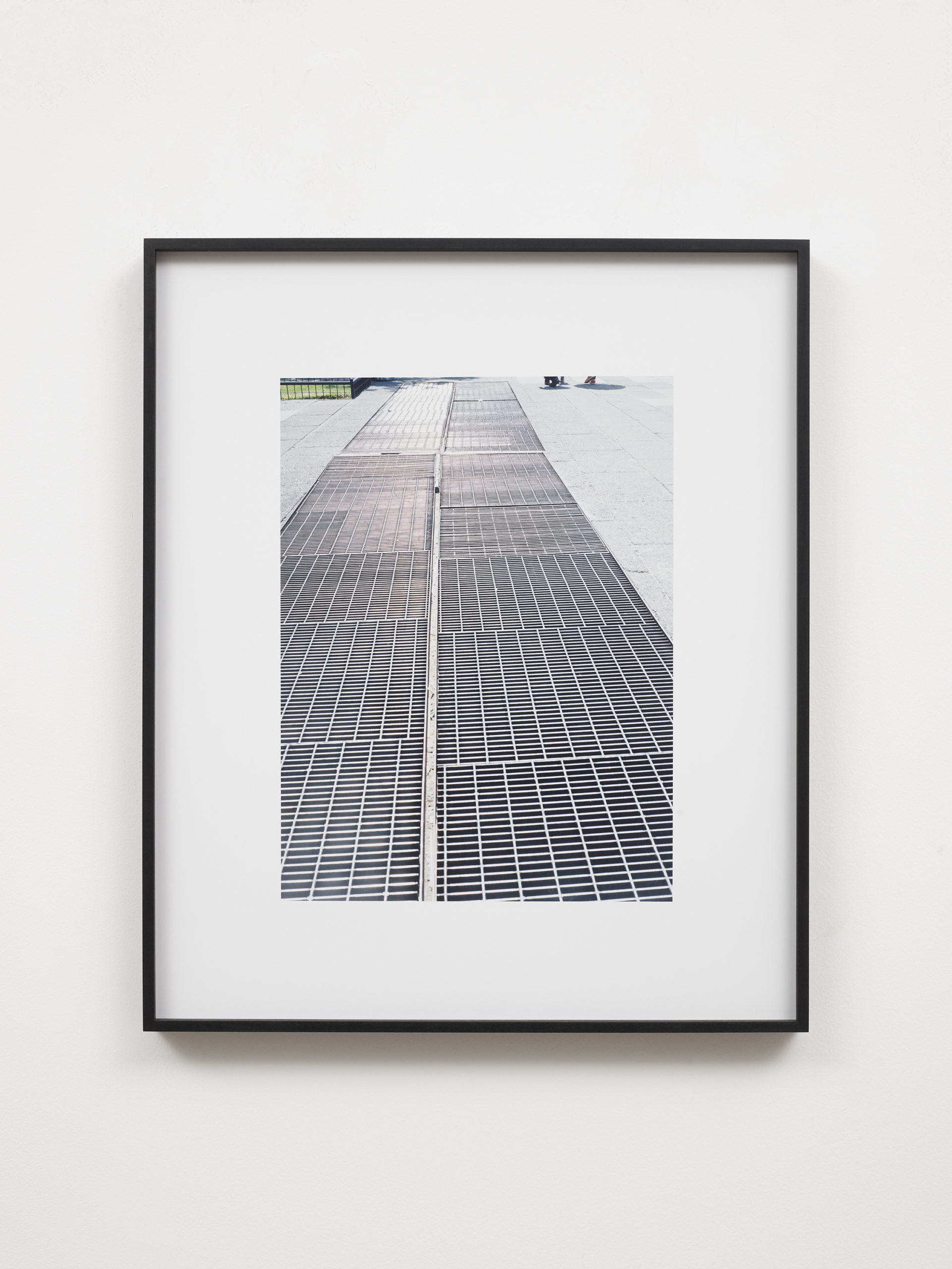
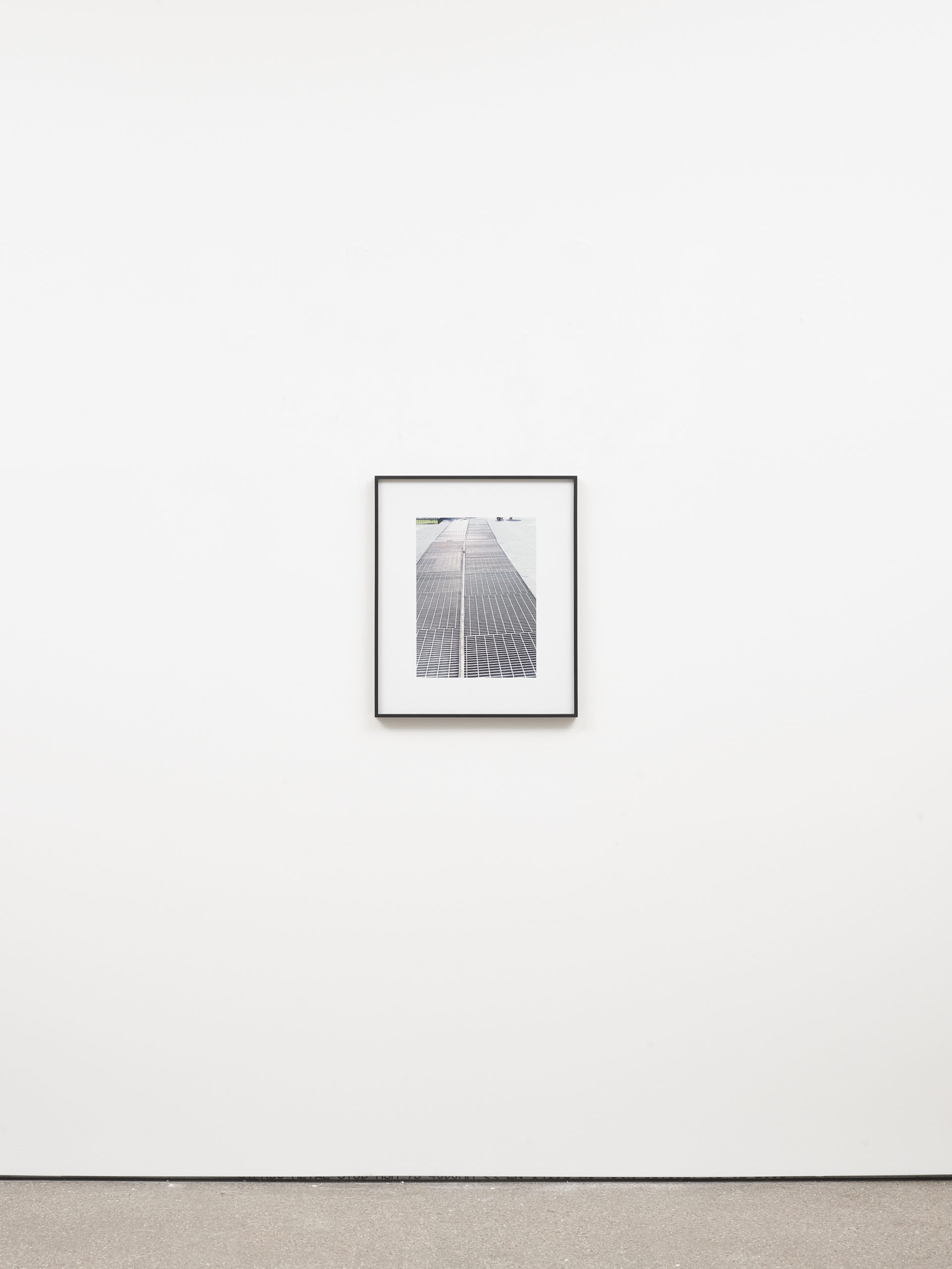
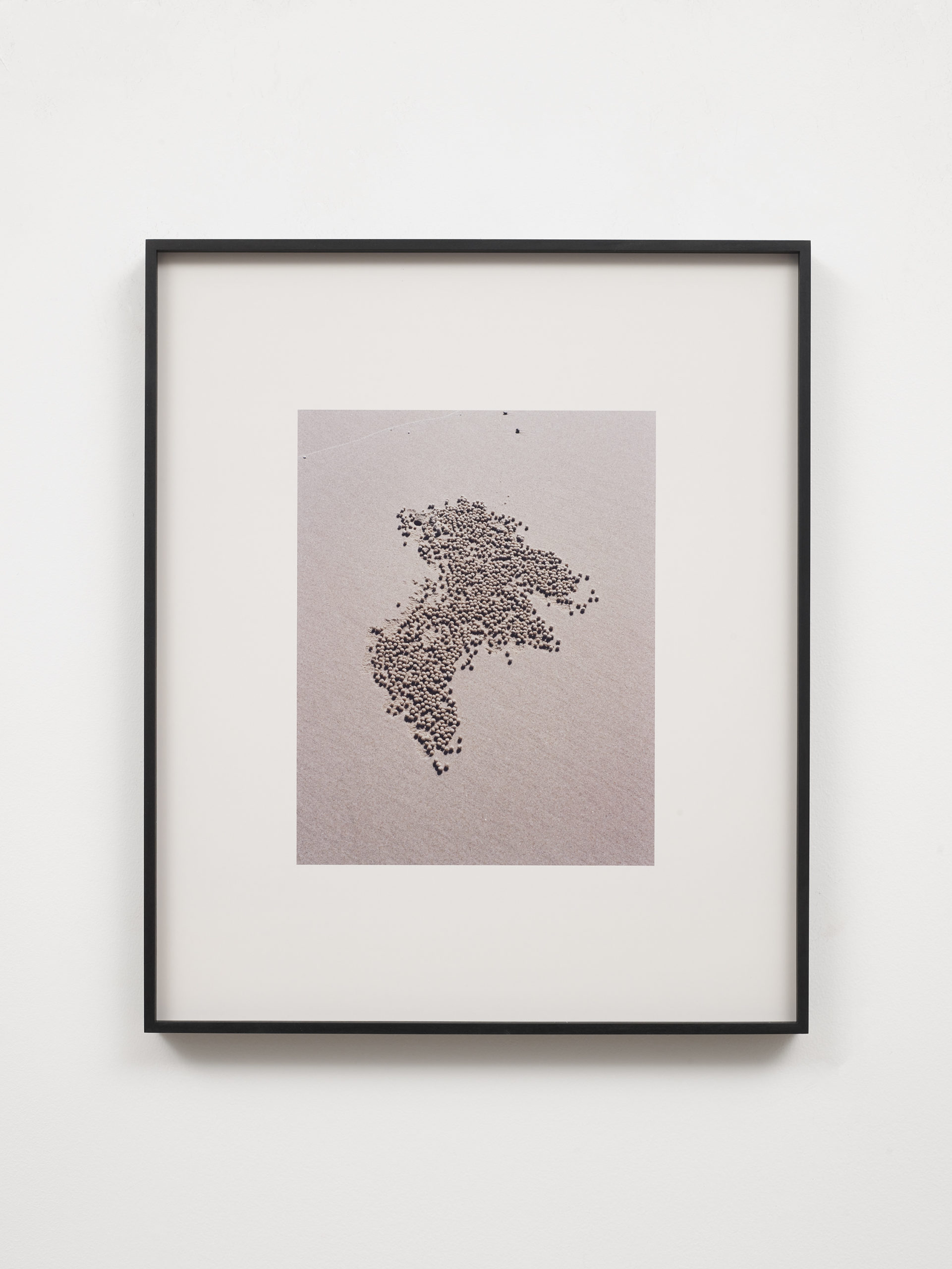
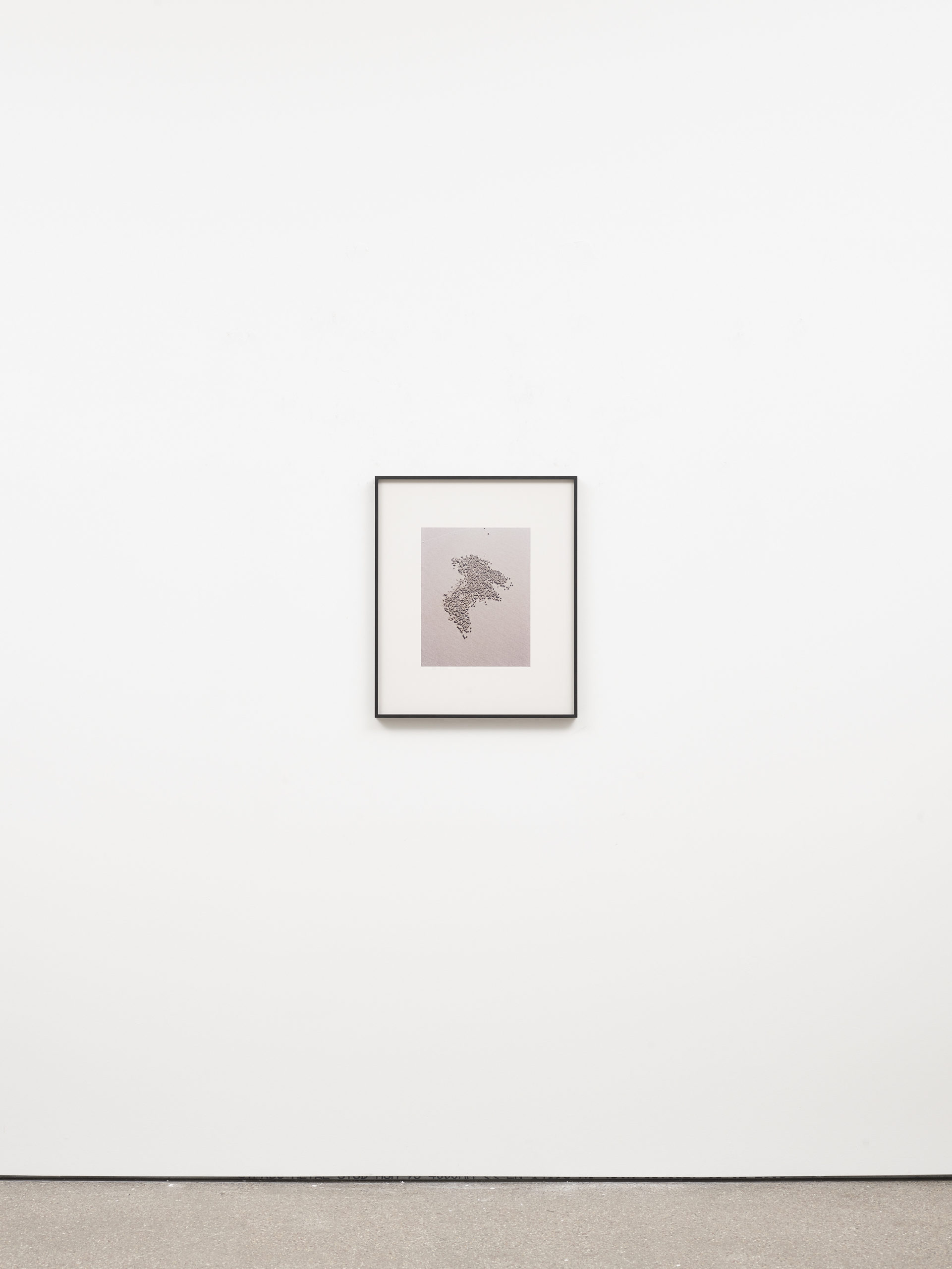
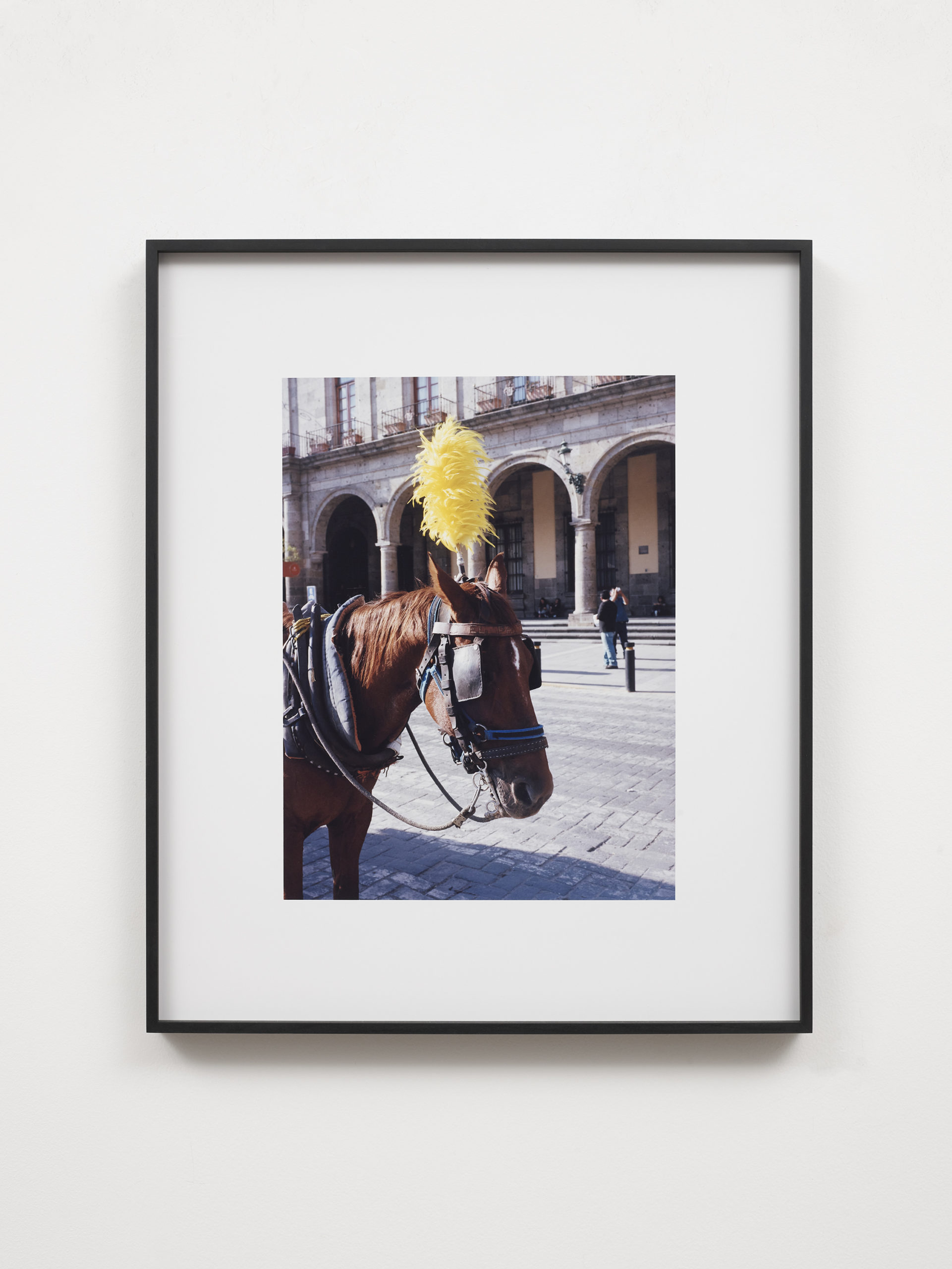
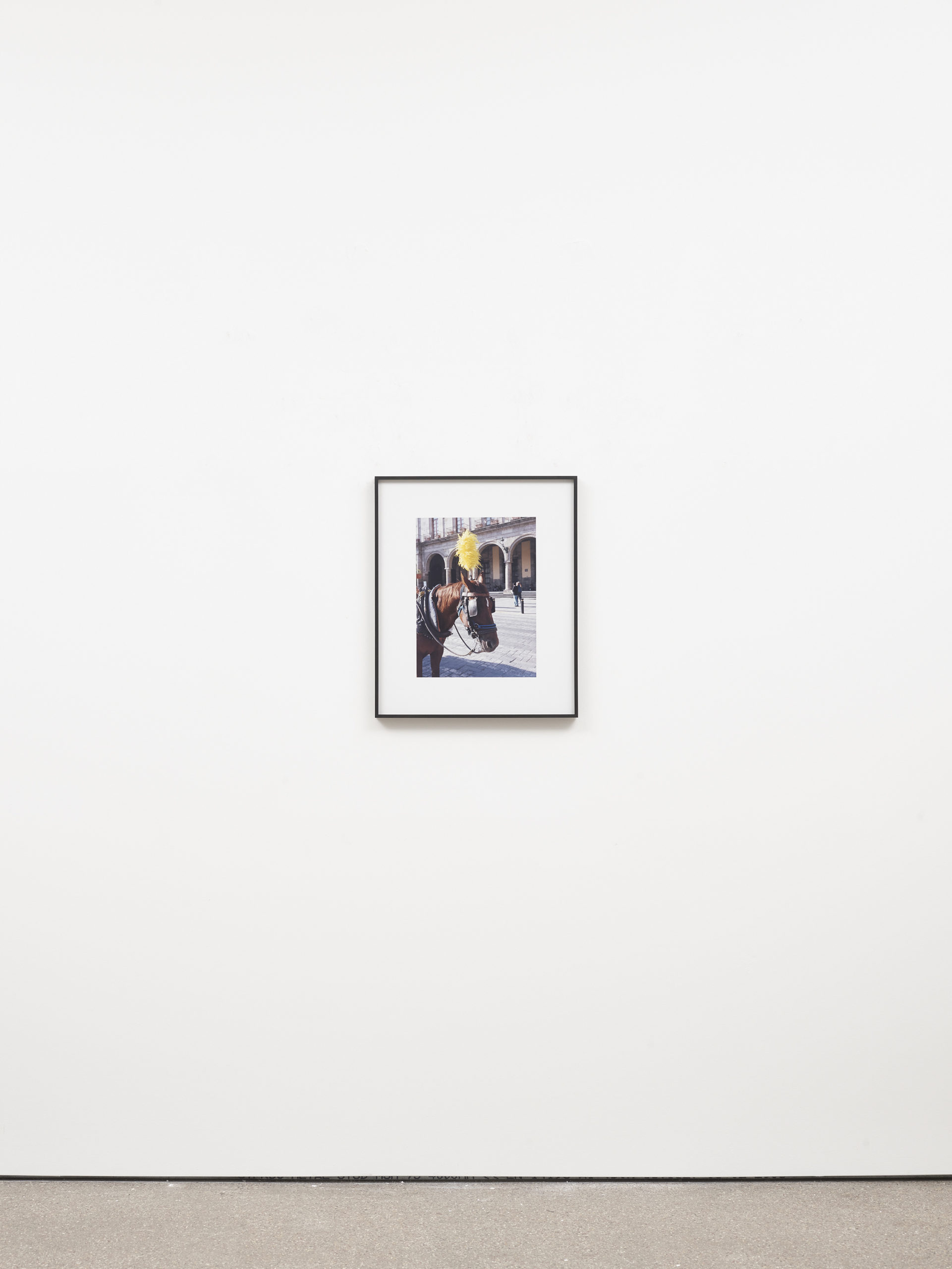
“Anything I may feel obliged to reveal – or betray – about how I write my stories will be external to them. They are not completely natural, in the sense of having been free from all conscious interference – I would find that distressing. Nor are they ruled by some theory of consciousness – I would find that even more distressing. I would rather say the conscious mind acts mysteriously in them. My stories have no logical structures. Even the consciousness undeviatingly watching over them is unknown to me. At a given moment I think a plant is about to be born in some corner of me. Aware of something strange going on, I begin to watch for it, sensing that it may have artistic promise. I would be happy if the idea weren’t a complete loss. But I can only watch and wait, indefinitely: I don’t know how to nurture the plant or make it bloom. All I have is the feeing or hope that it will grow leaves of poetry or of something that could become poetry when seen by certain eyes. I must take care that it does not occupy too much space or try to be beautiful or intense, helping it to become only what it was meant to be. At the same time, it will be on guard against the mind contemplating it when that mind suggests too many grand meanings or intentions. If the plant is true to itself, it will give out a natural poetry it is unaware of. It must be like a person who does not know how long he will live but has his own needs and modest pride, carried a bit awkwardly so as to seem improvised. The plant will not know its own laws, although it may have them, deep down, out of reach of consciousness. It will not know to what degree or in what way consciousness is interfering but will prevail over it in the end, teaching it to be a disinterested onlooker. My only certainty is that I can’t say how I write my stories, because each of them has a strange life of its own. But I am also aware of their constant battle against the strangers consciousness keeps urging on them.”
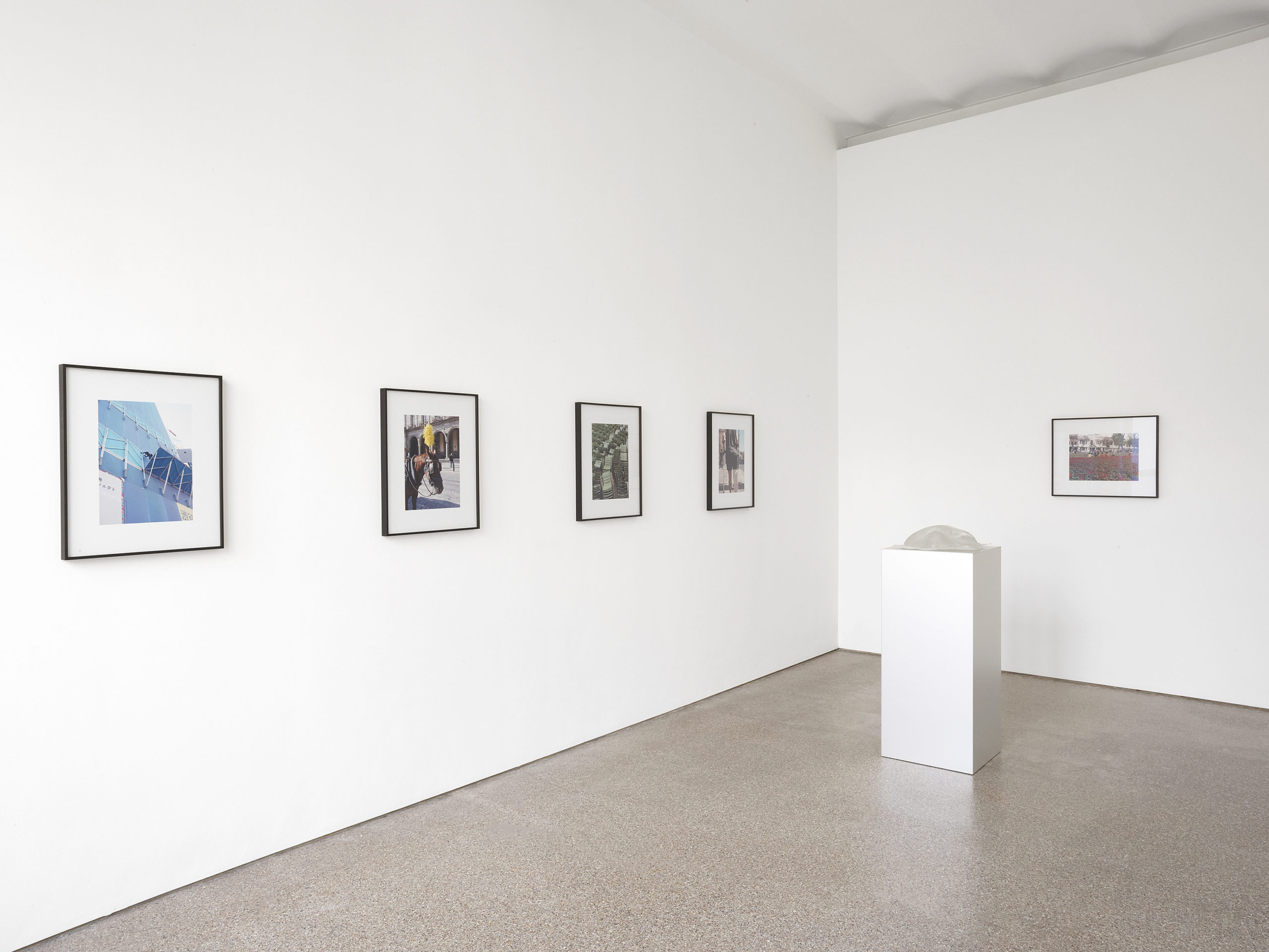
Installation view, OVR Joe Zorrilla, Galerie Greta Meert, 2022
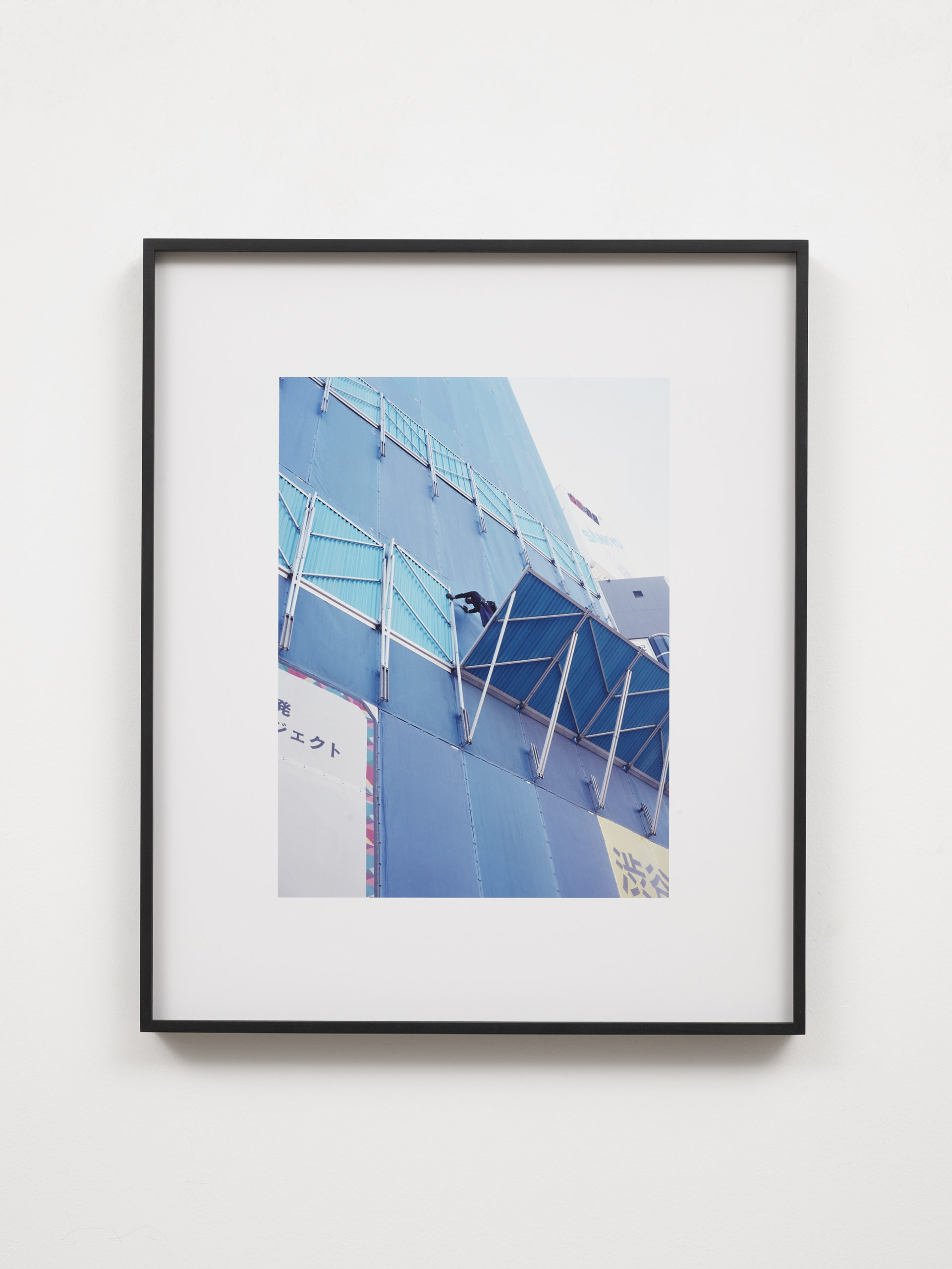
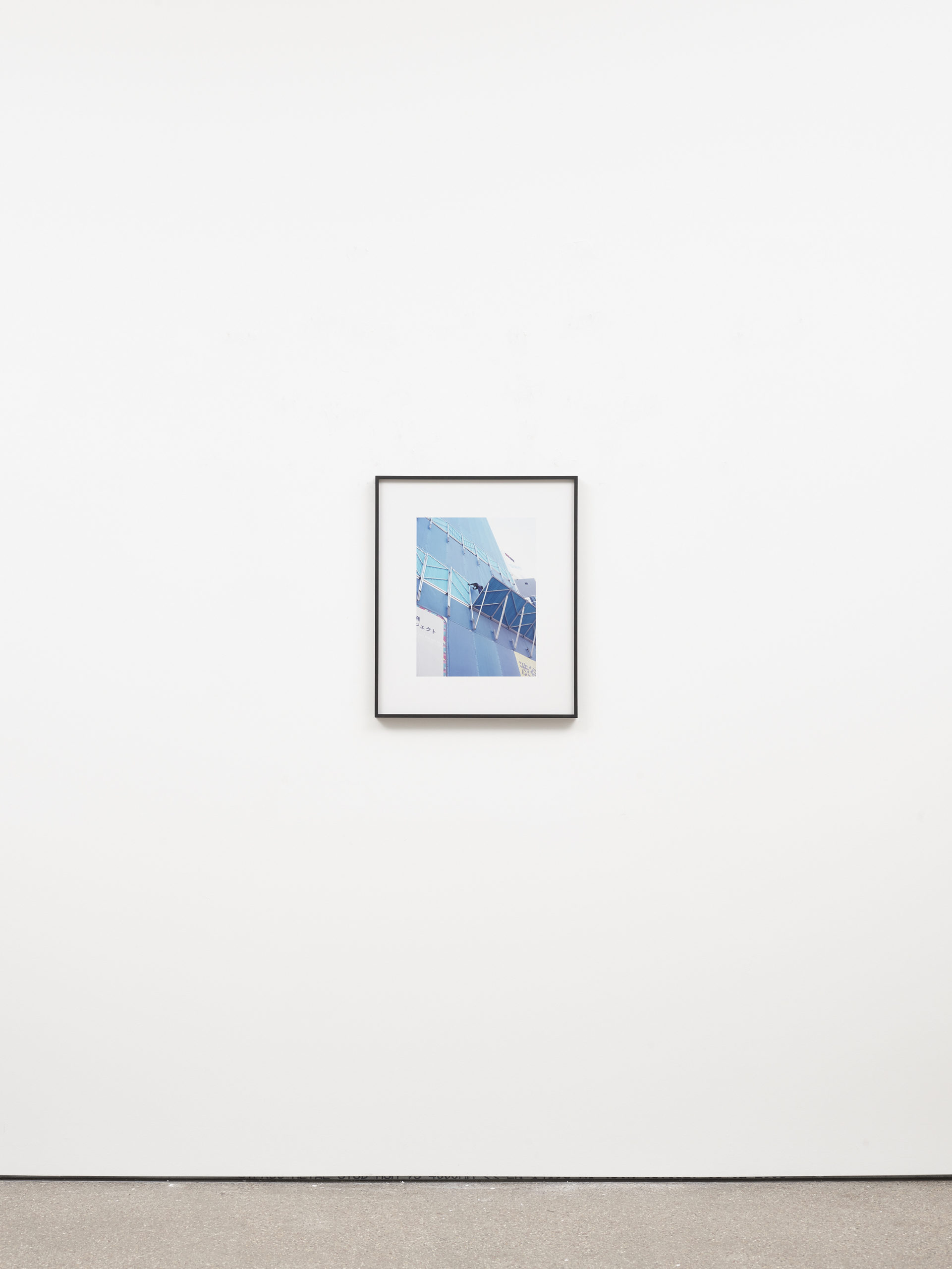
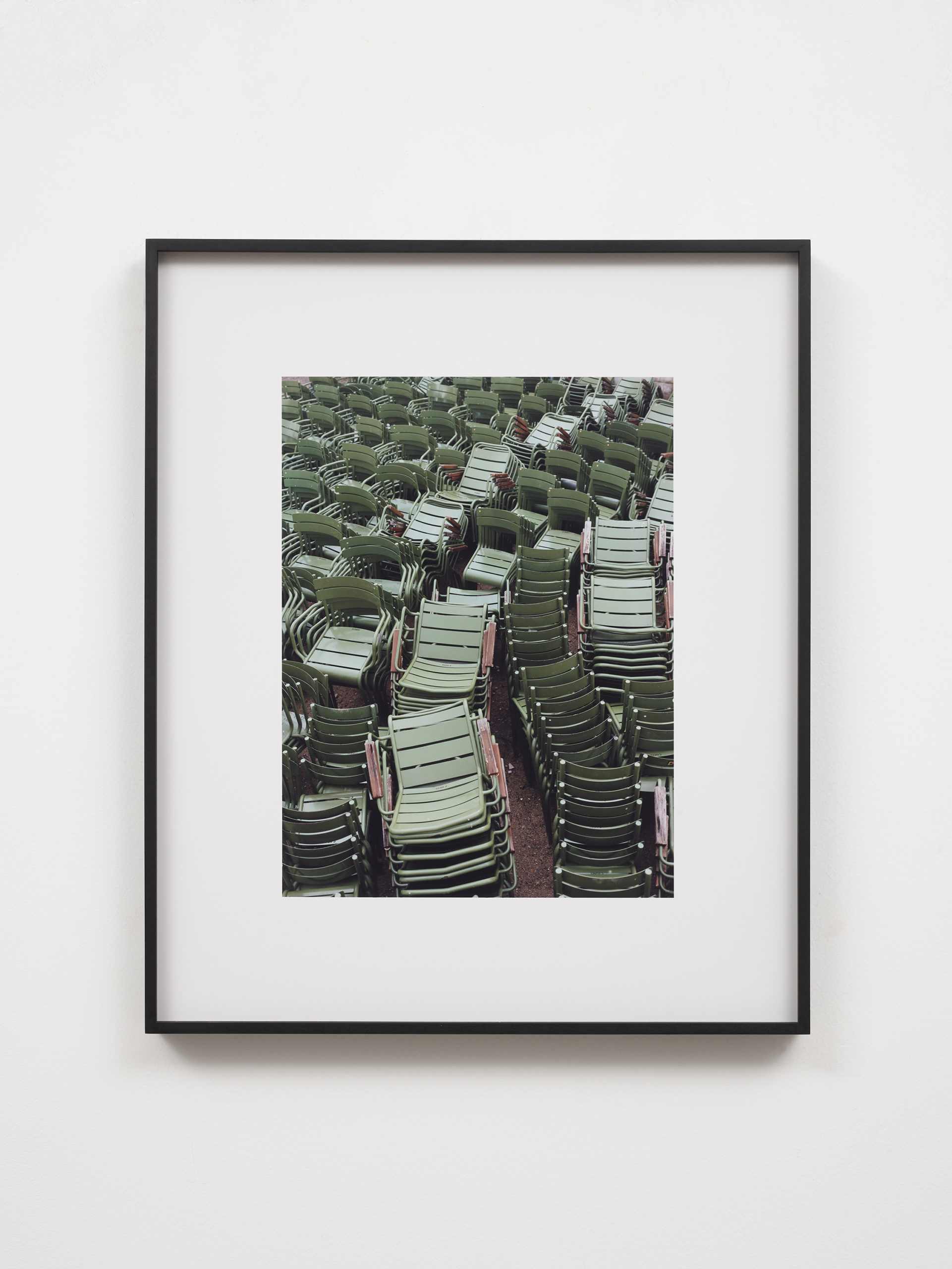
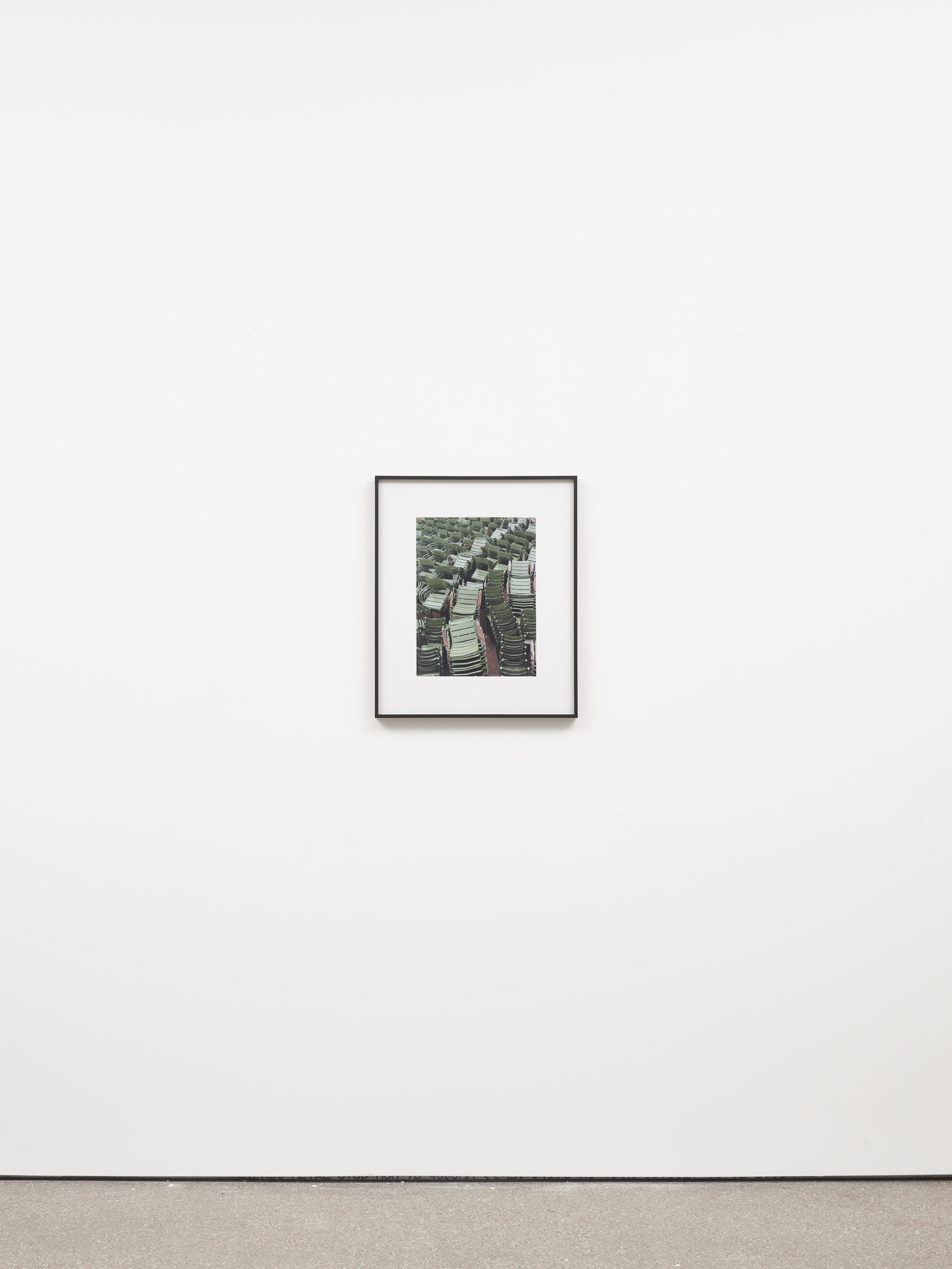
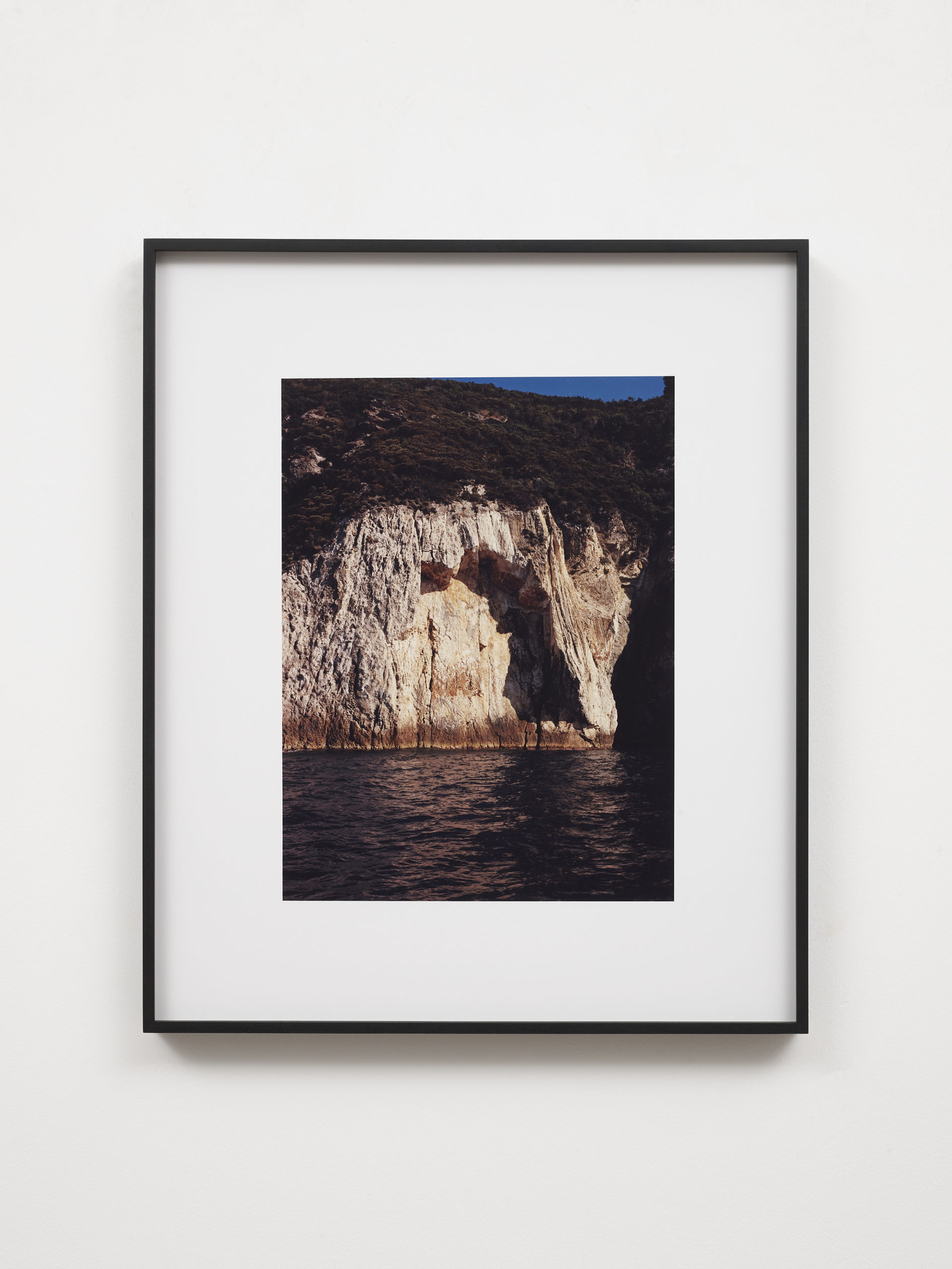
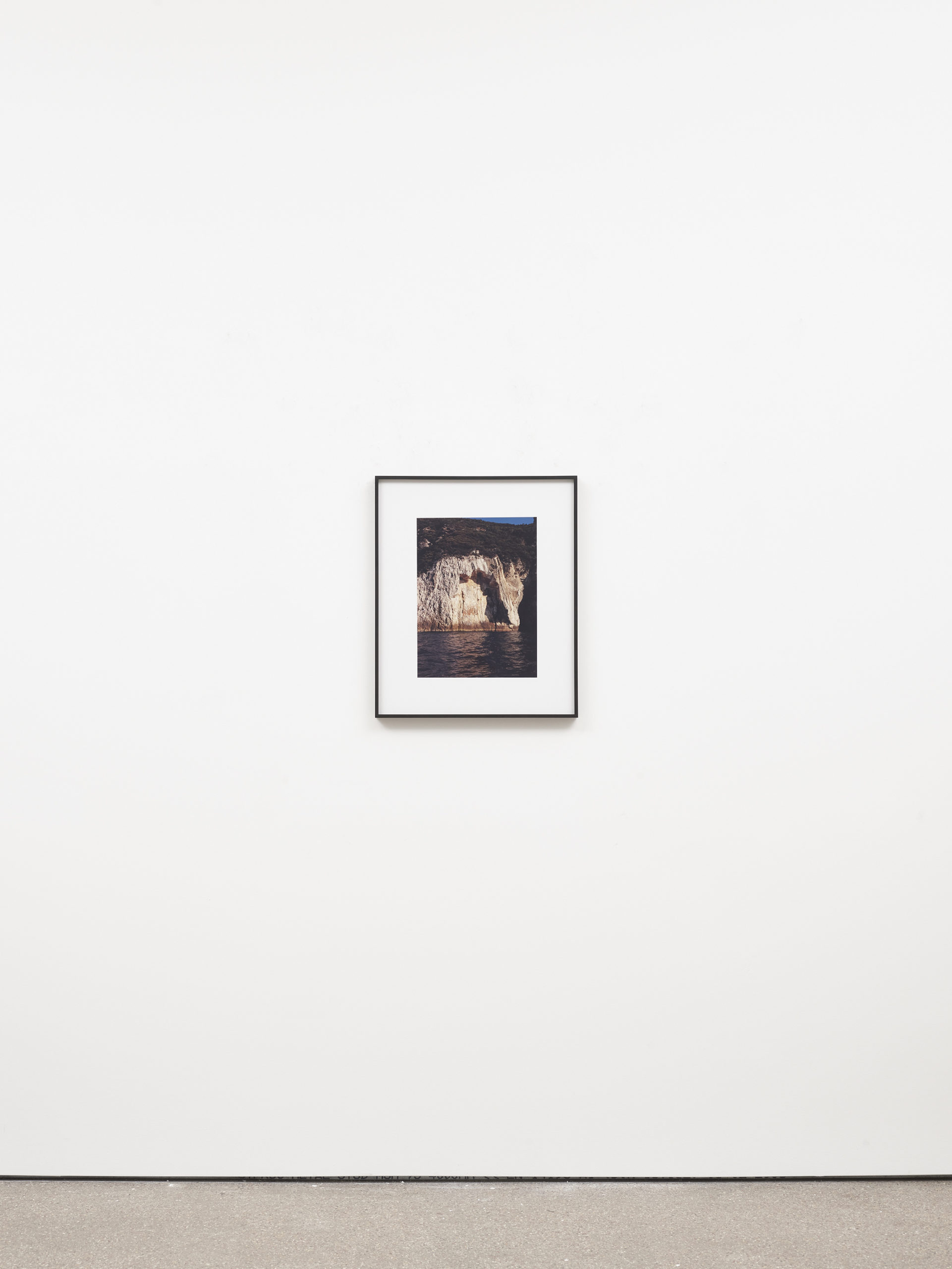
In Joe Zorrilla’s work the main consideration is the existence, and at times negation, of the body – the very corporeal and organic condition that wonders and consumes the viewer. While the artist maintains an aphoristic relationship to the formation of works, it resists rational or didactic pretenses.
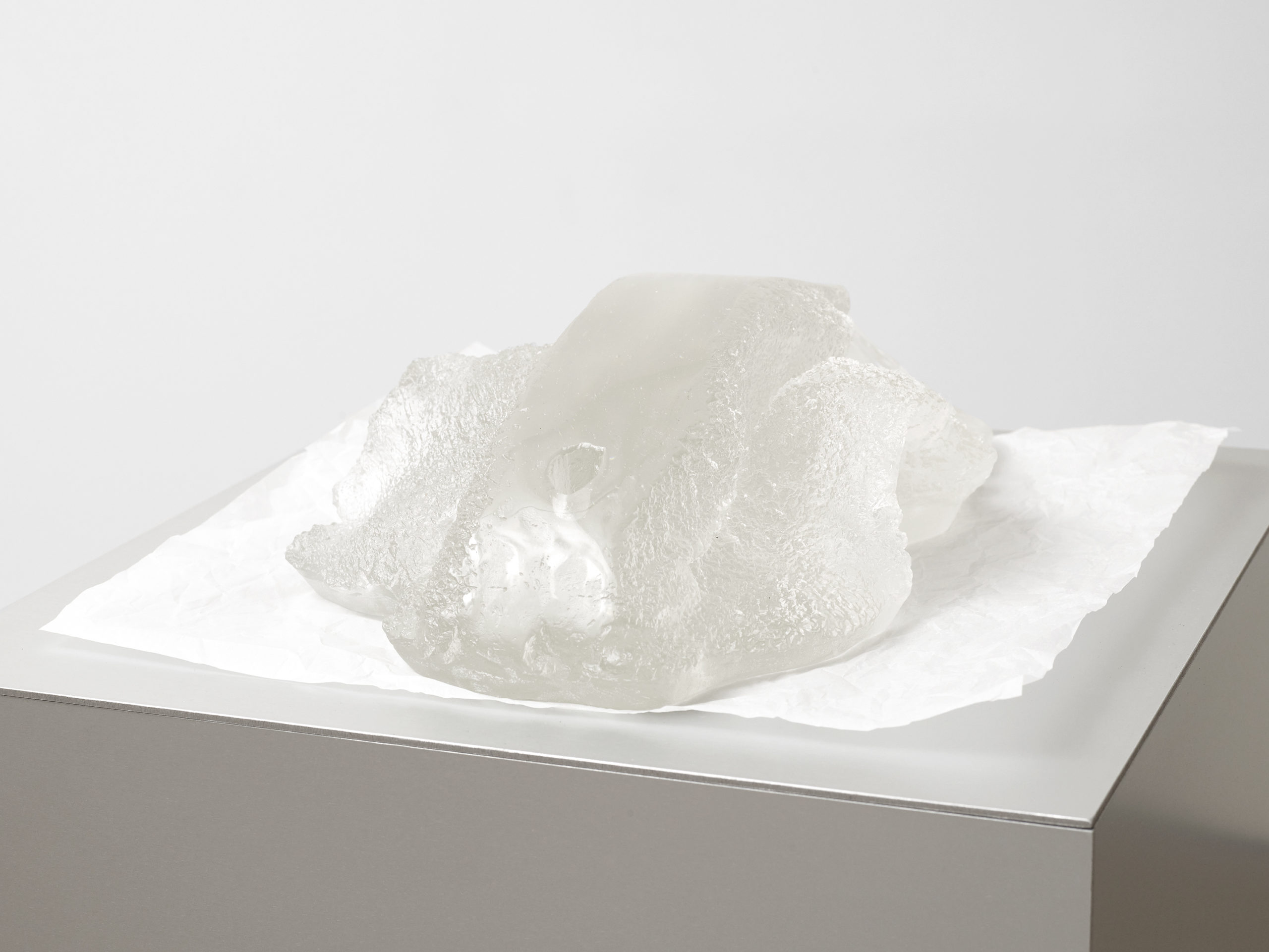
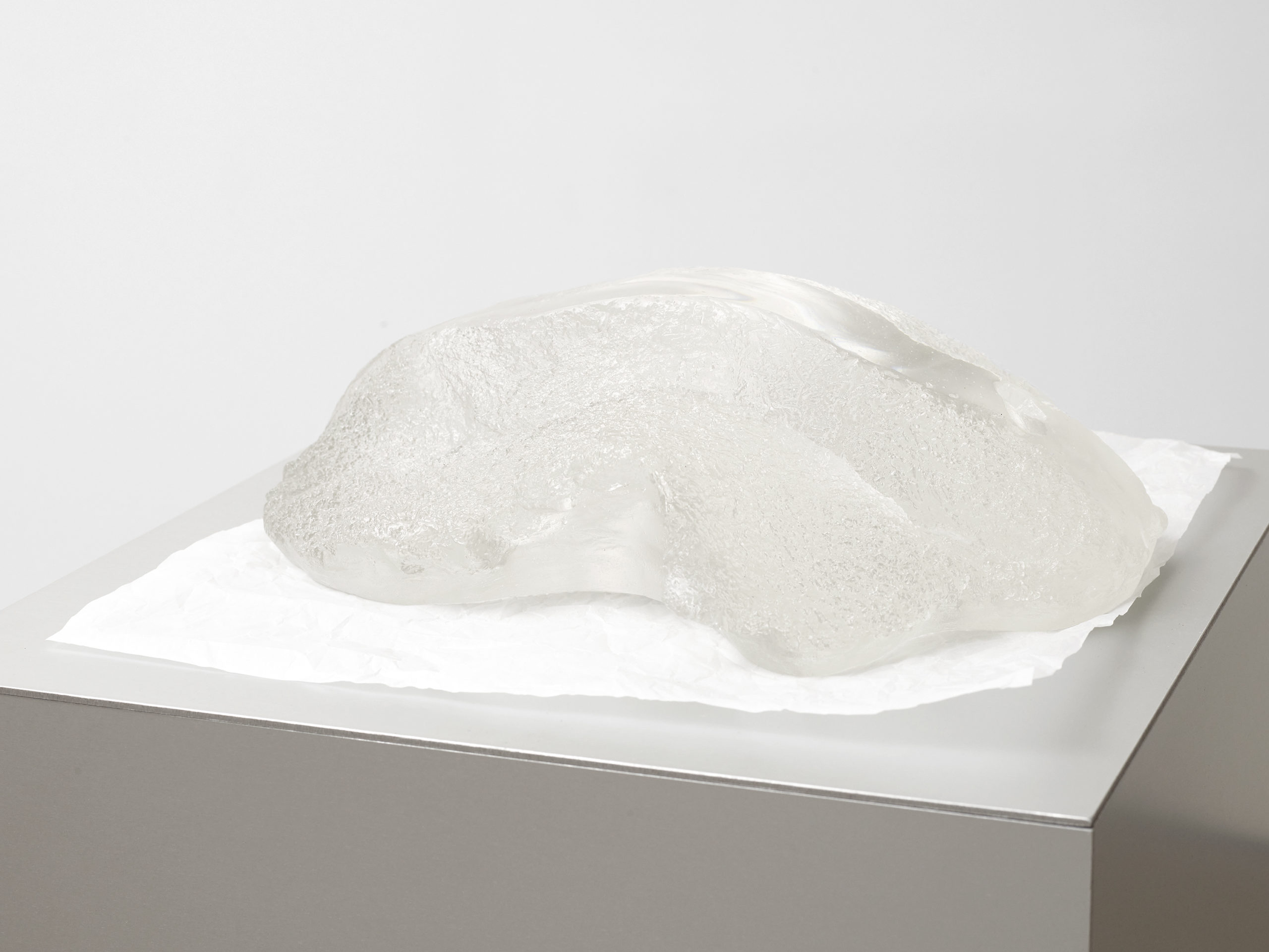
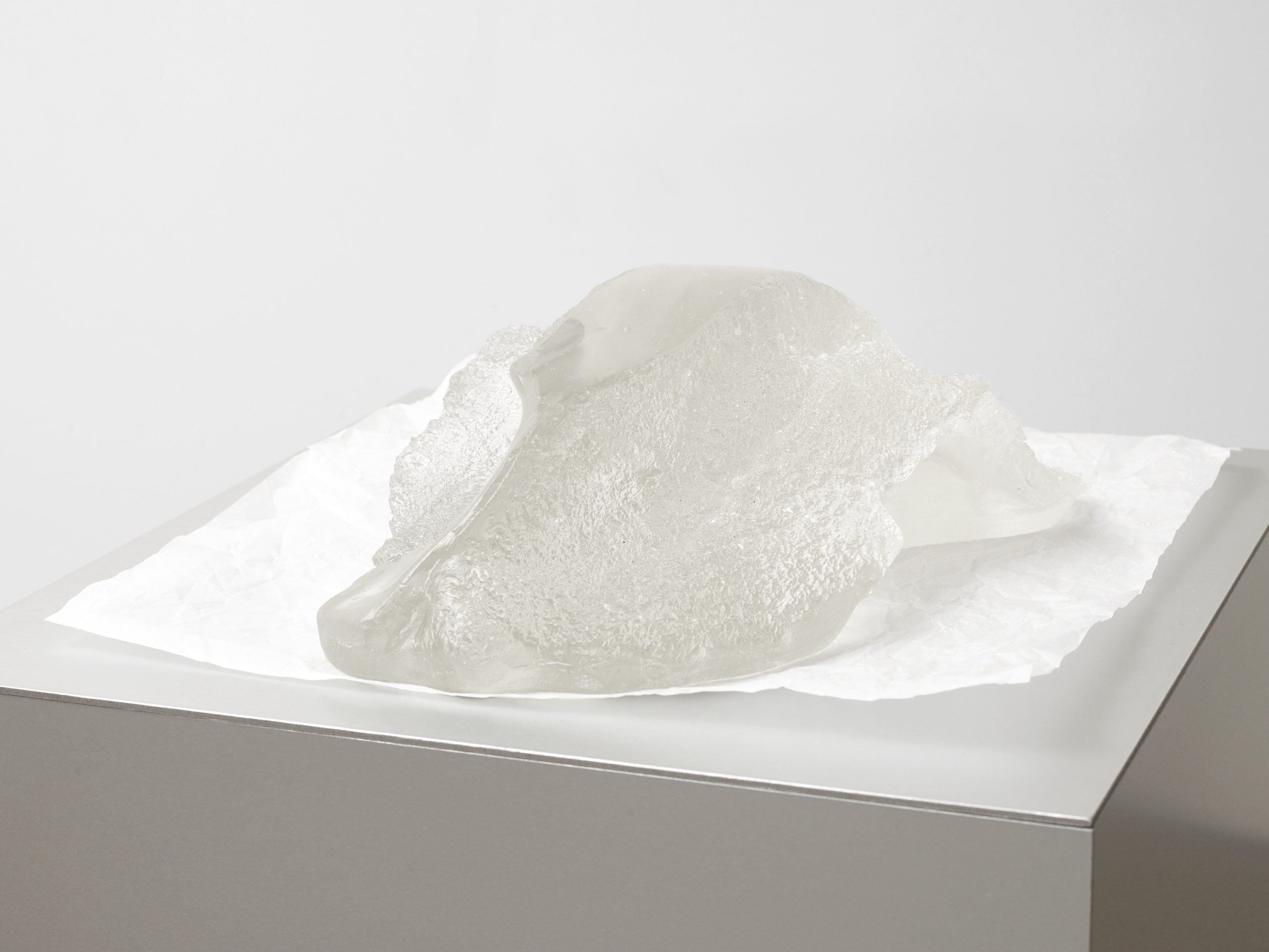
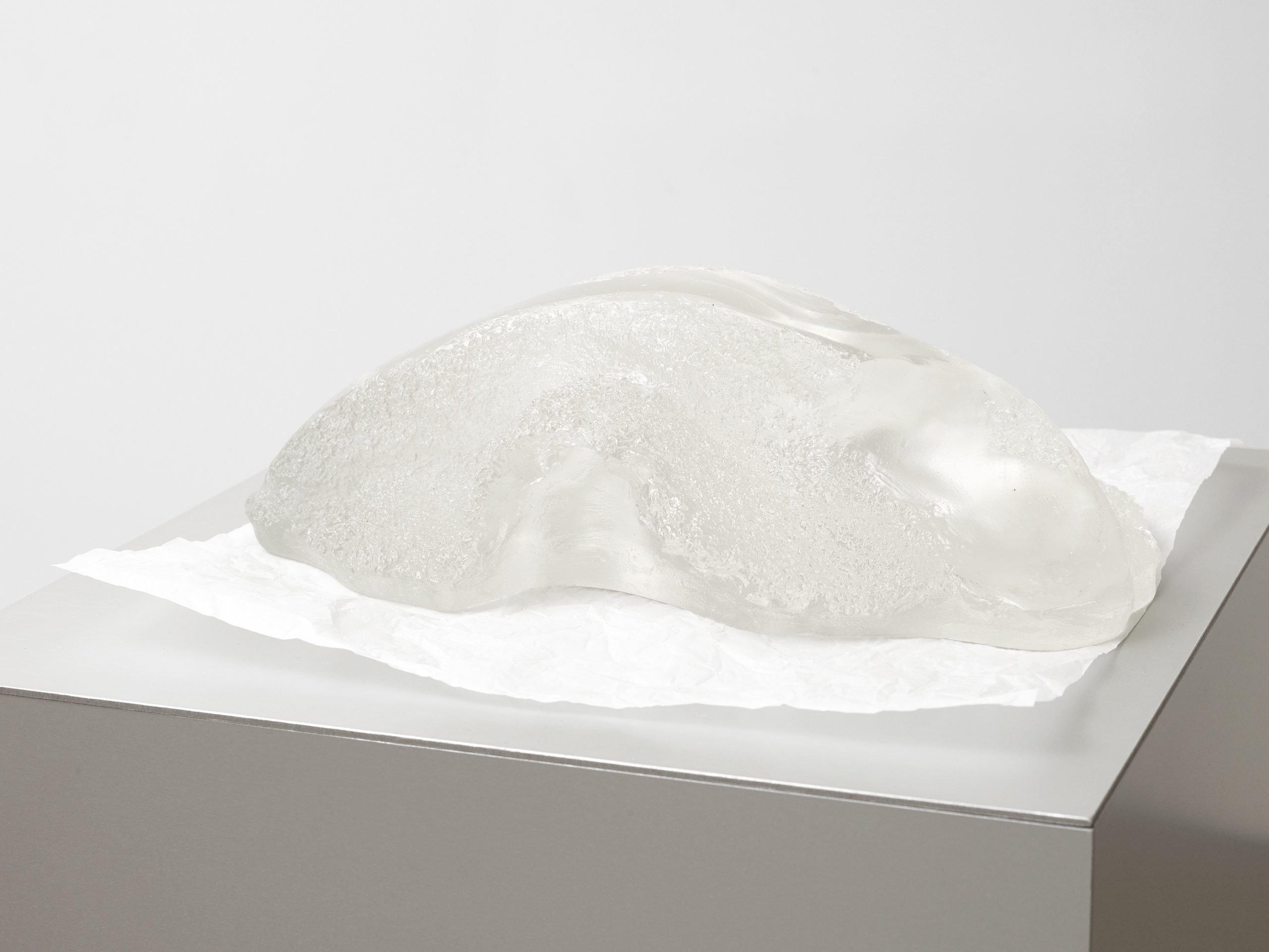
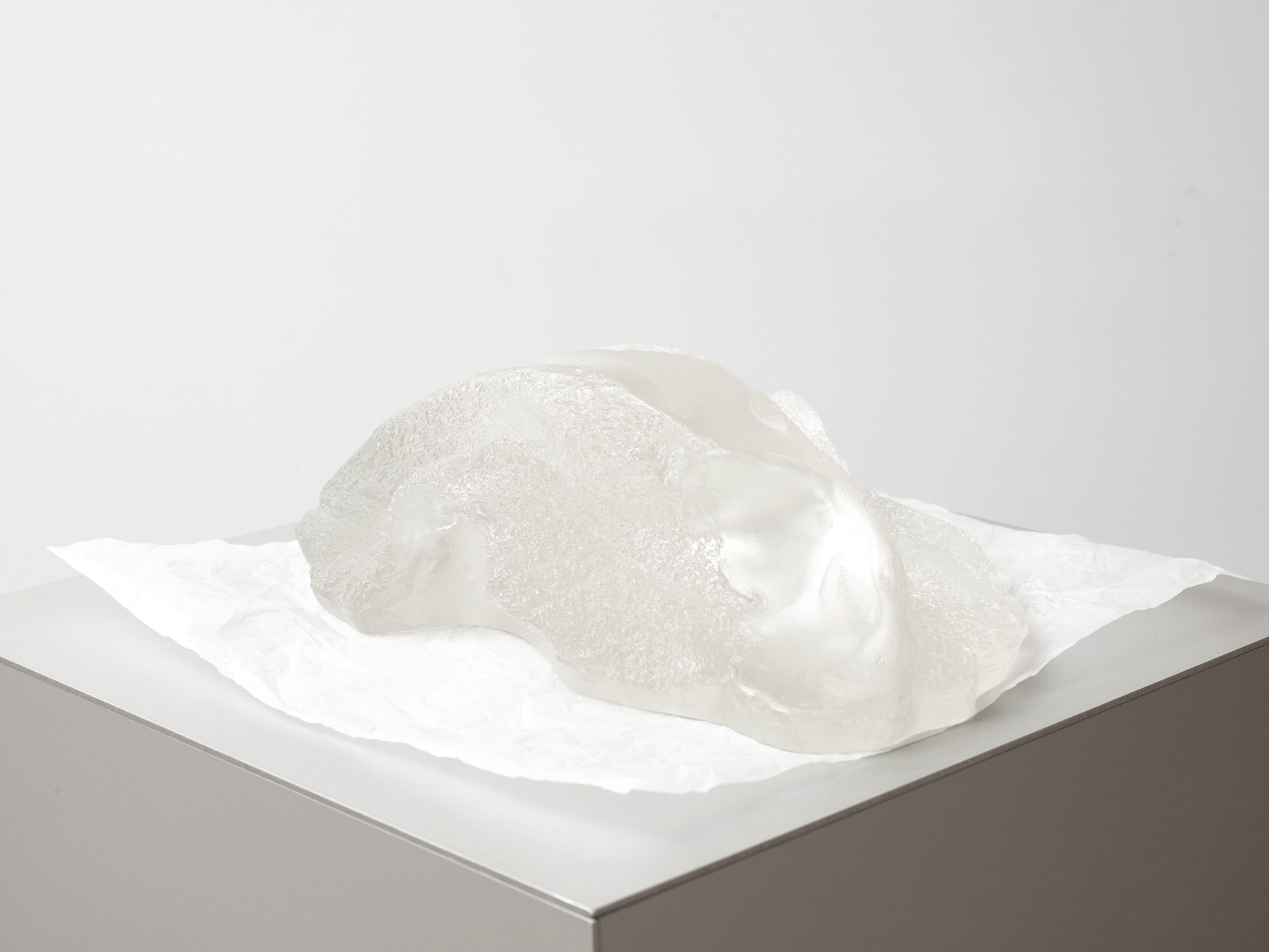
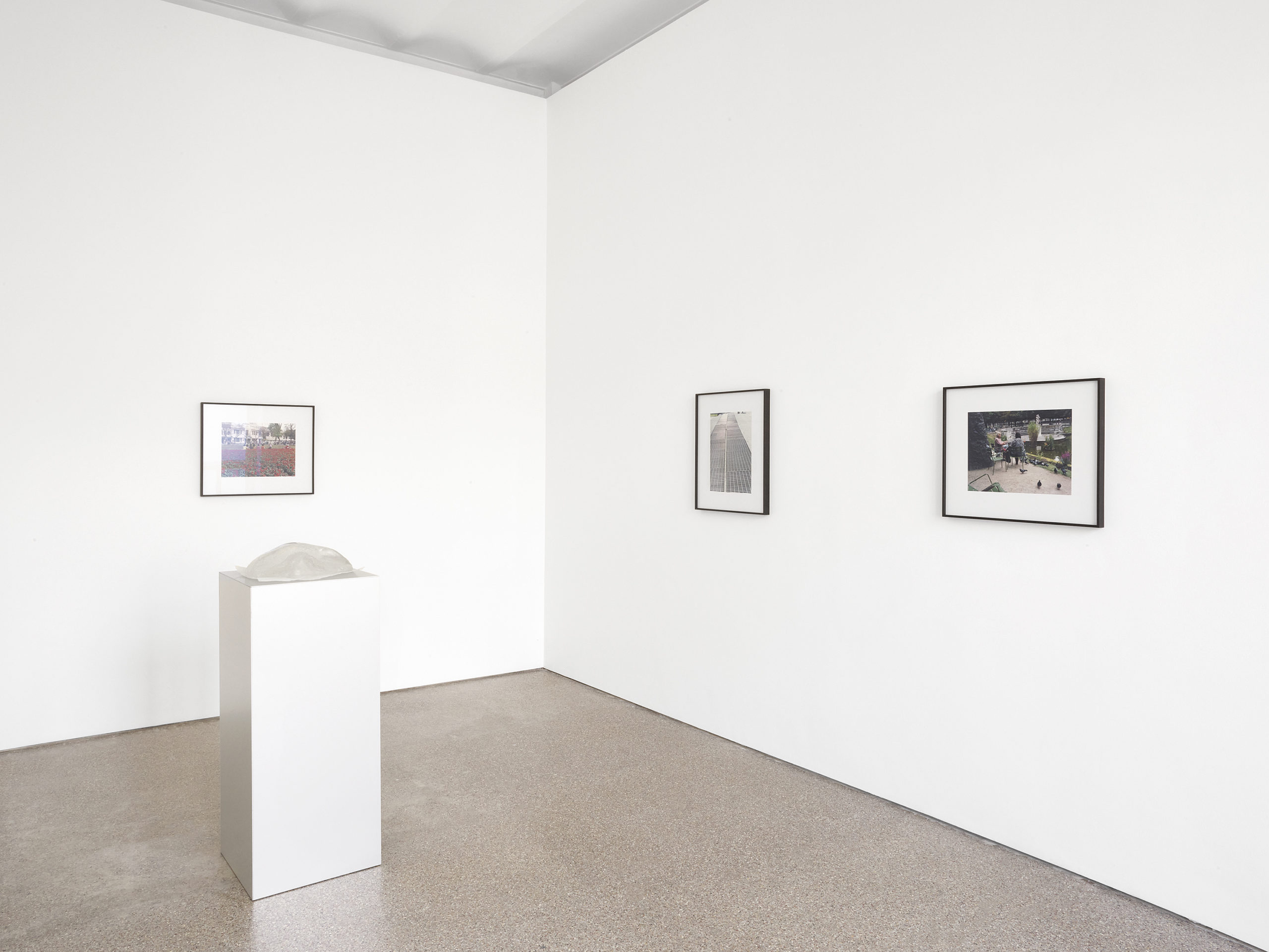
Installation view , OVR Joe Zorrilla, Galerie Greta Meert, 2022
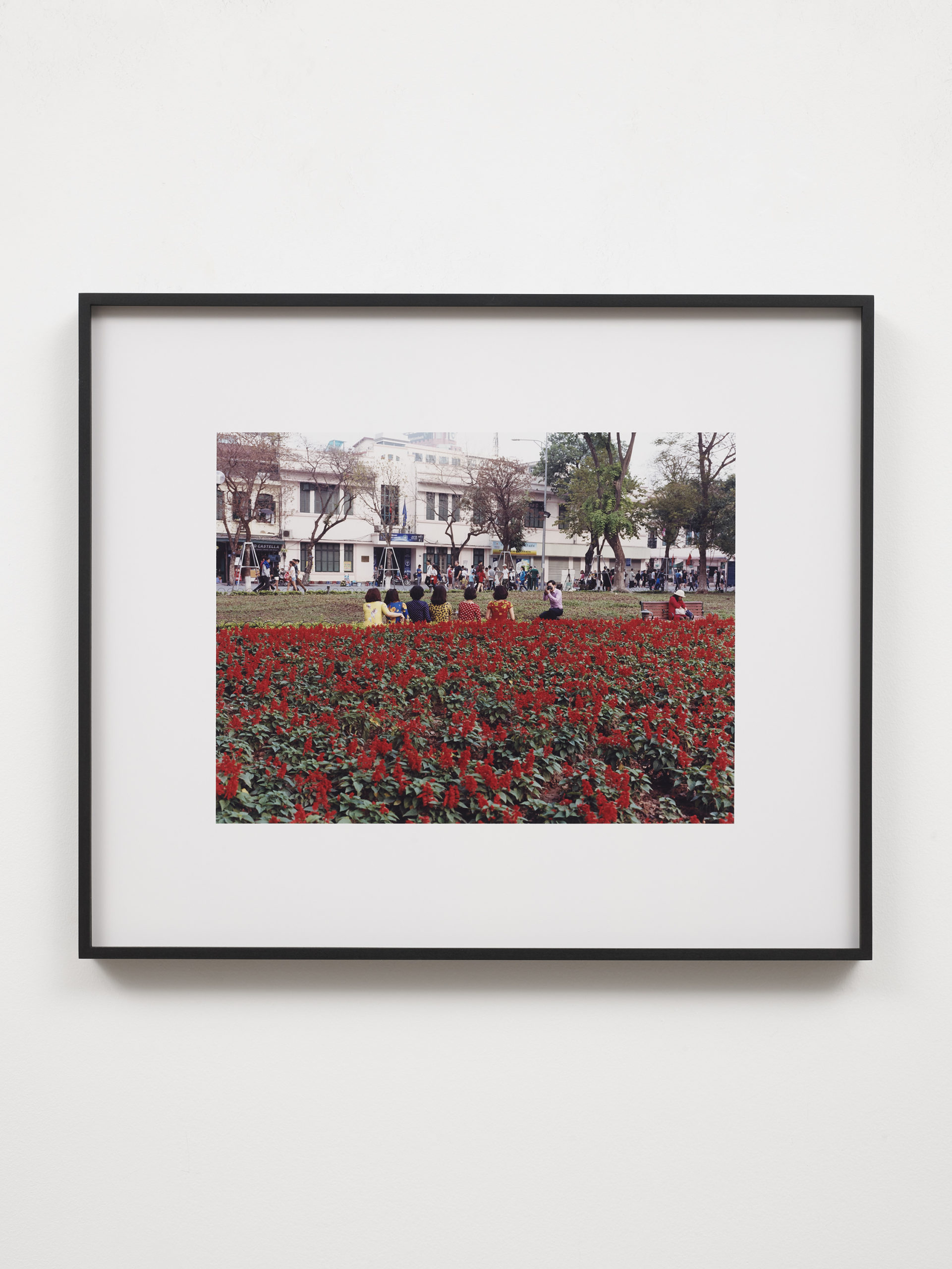
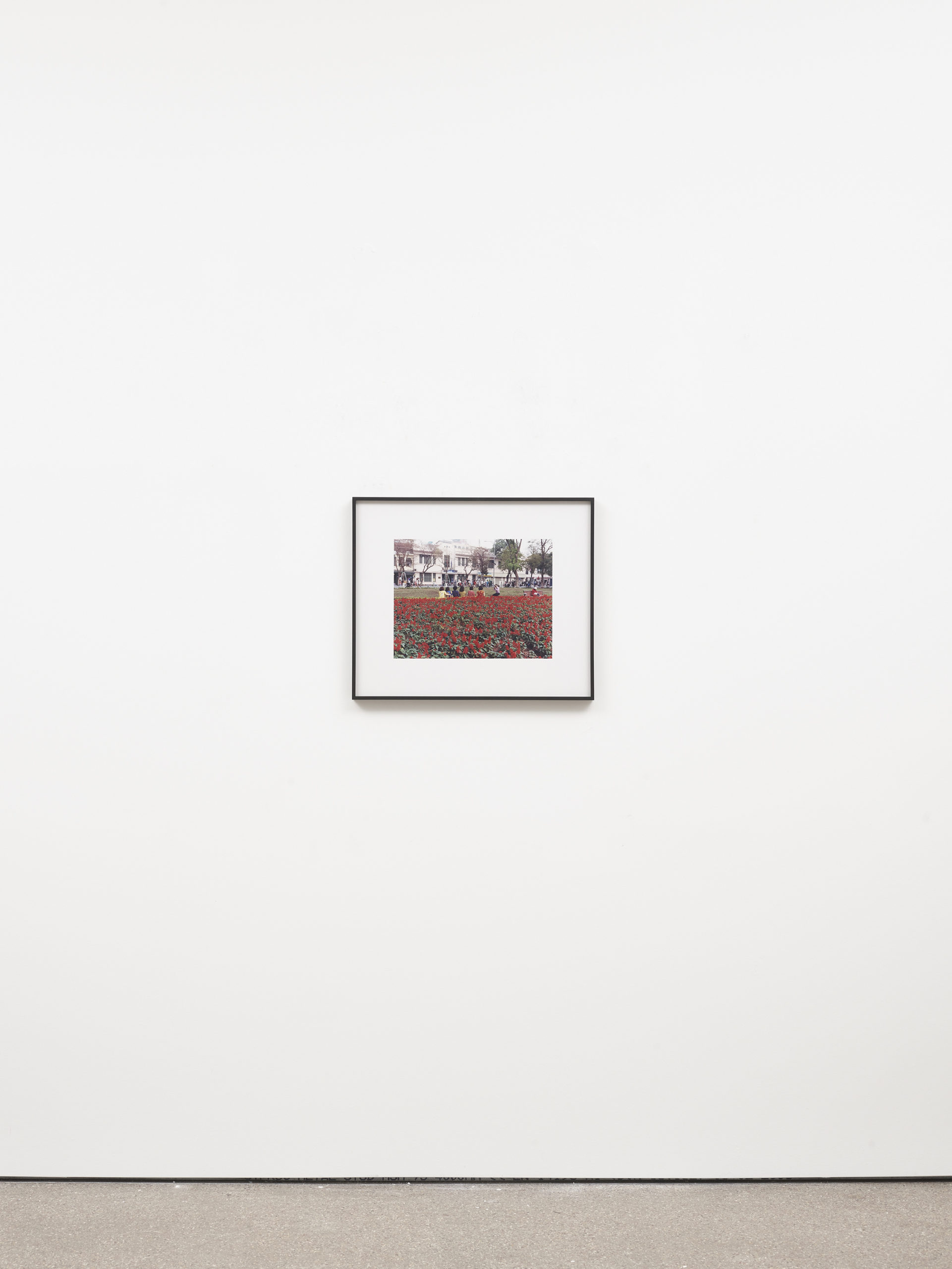
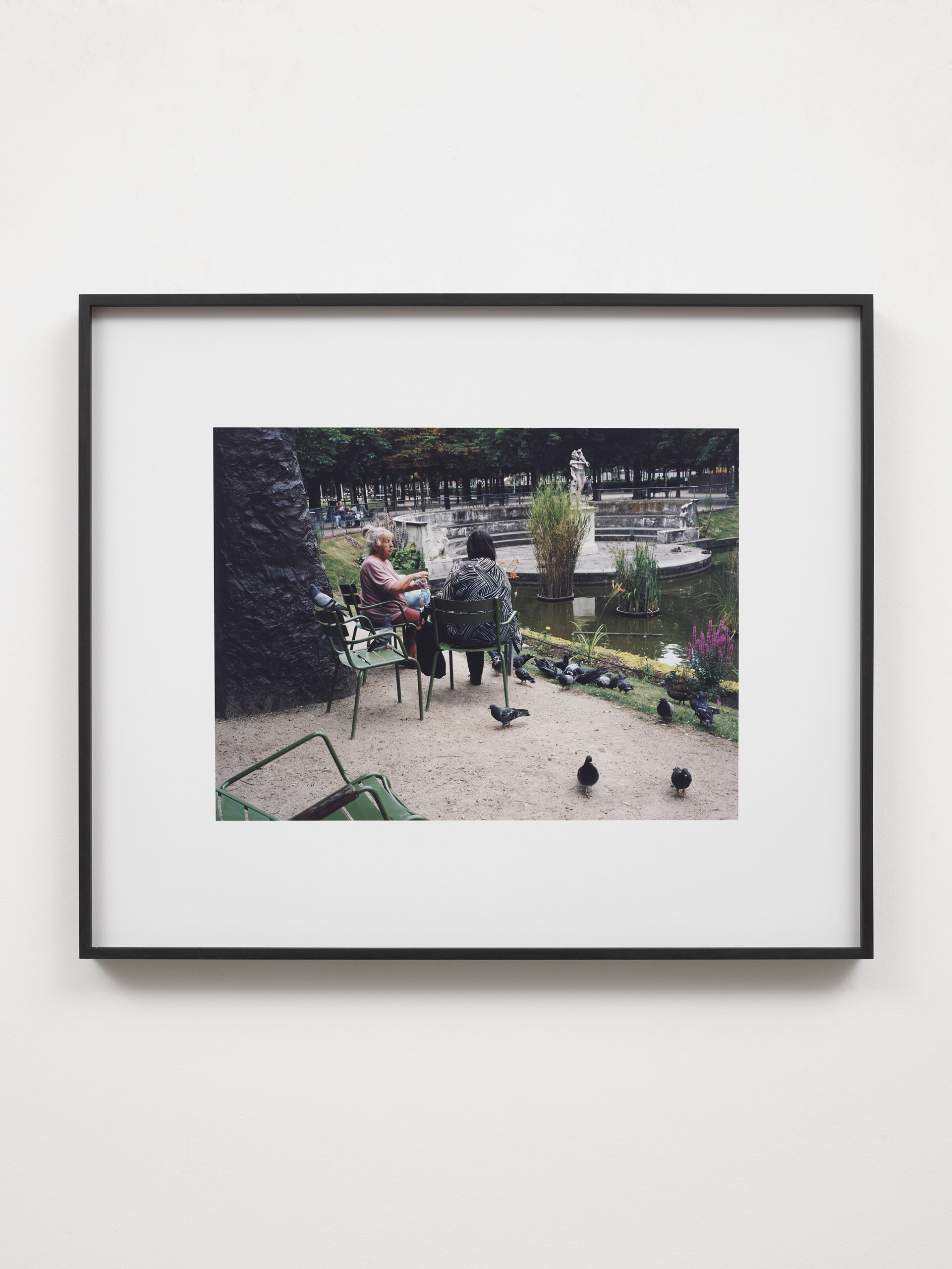
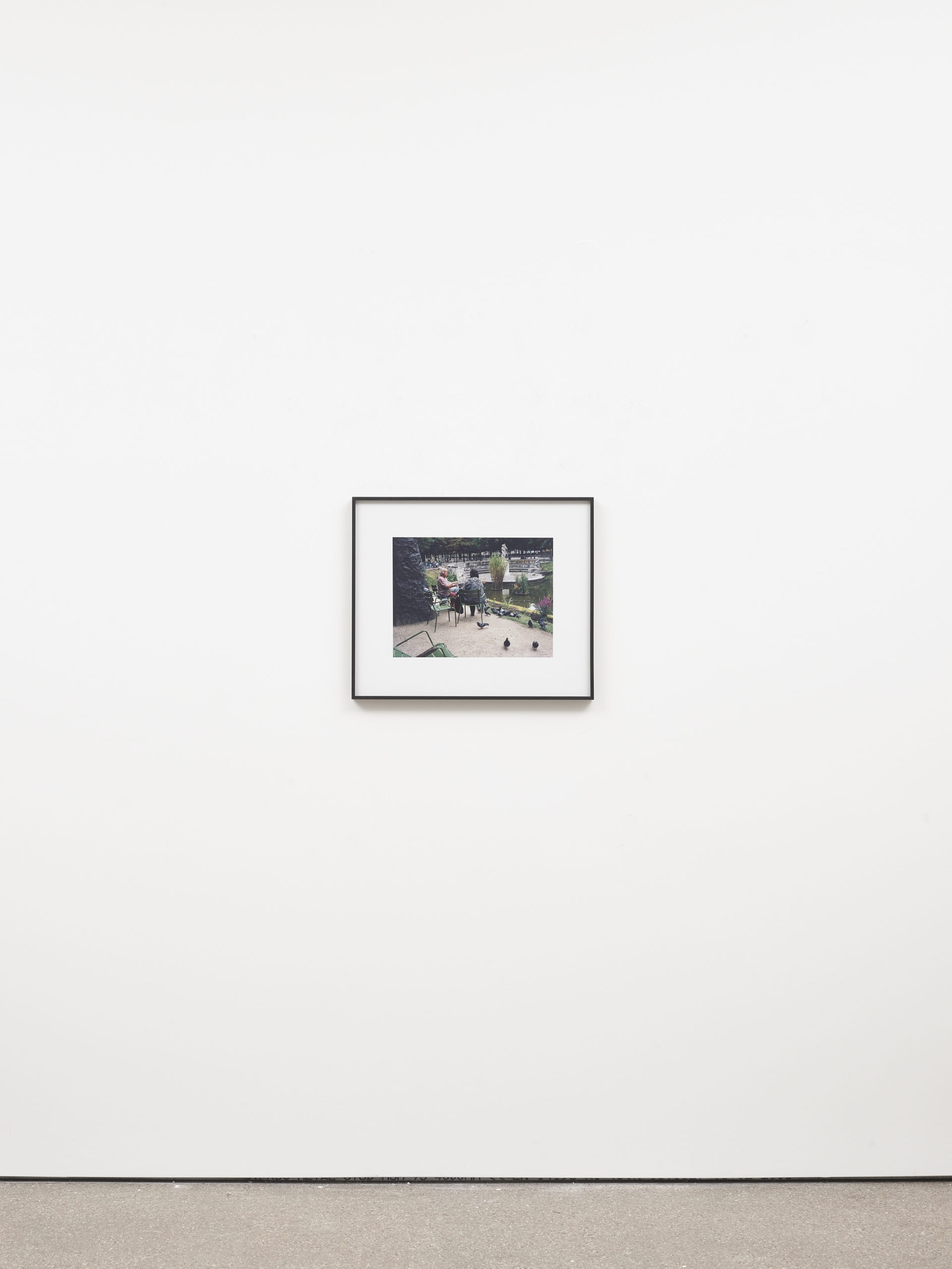
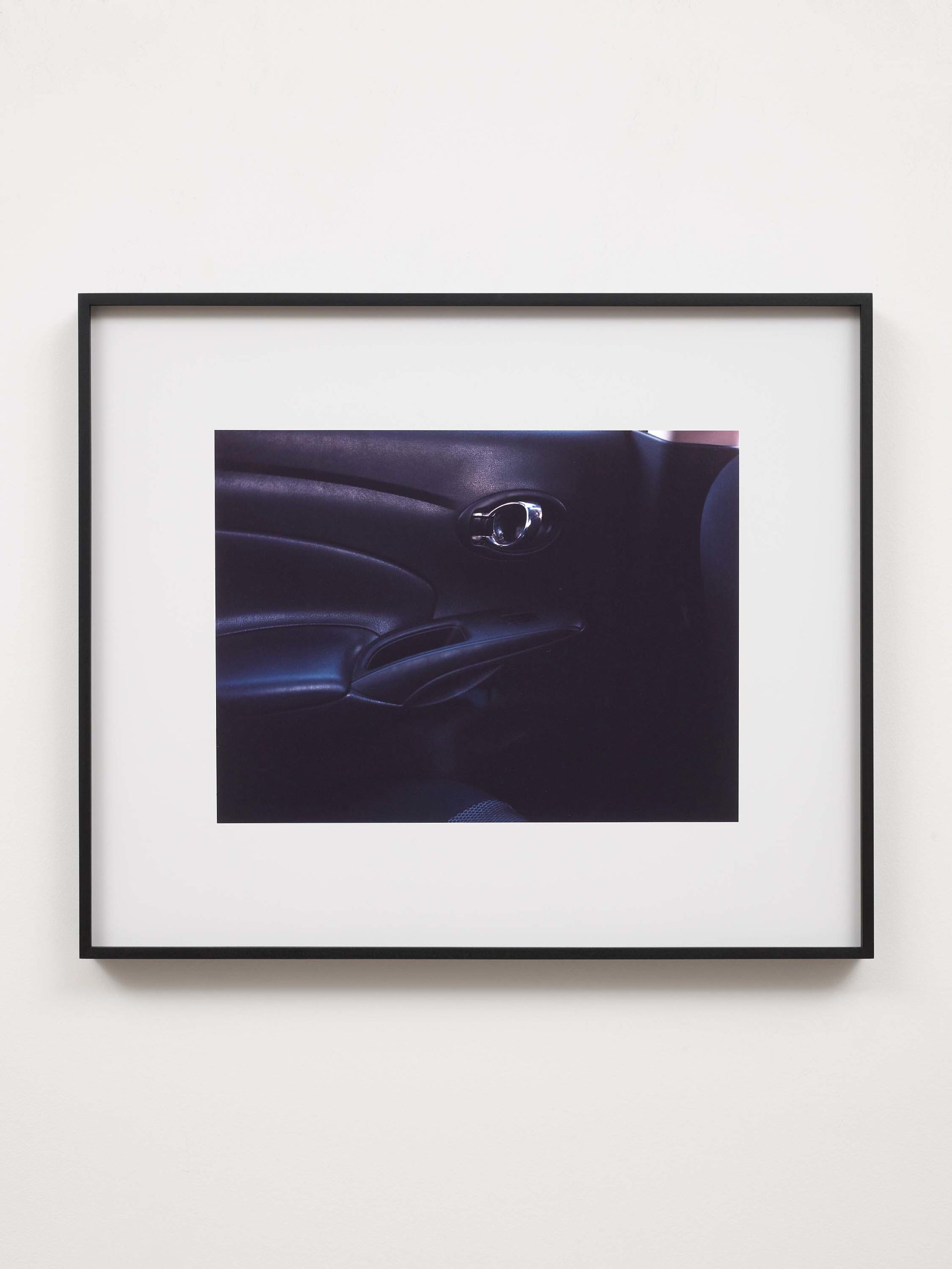
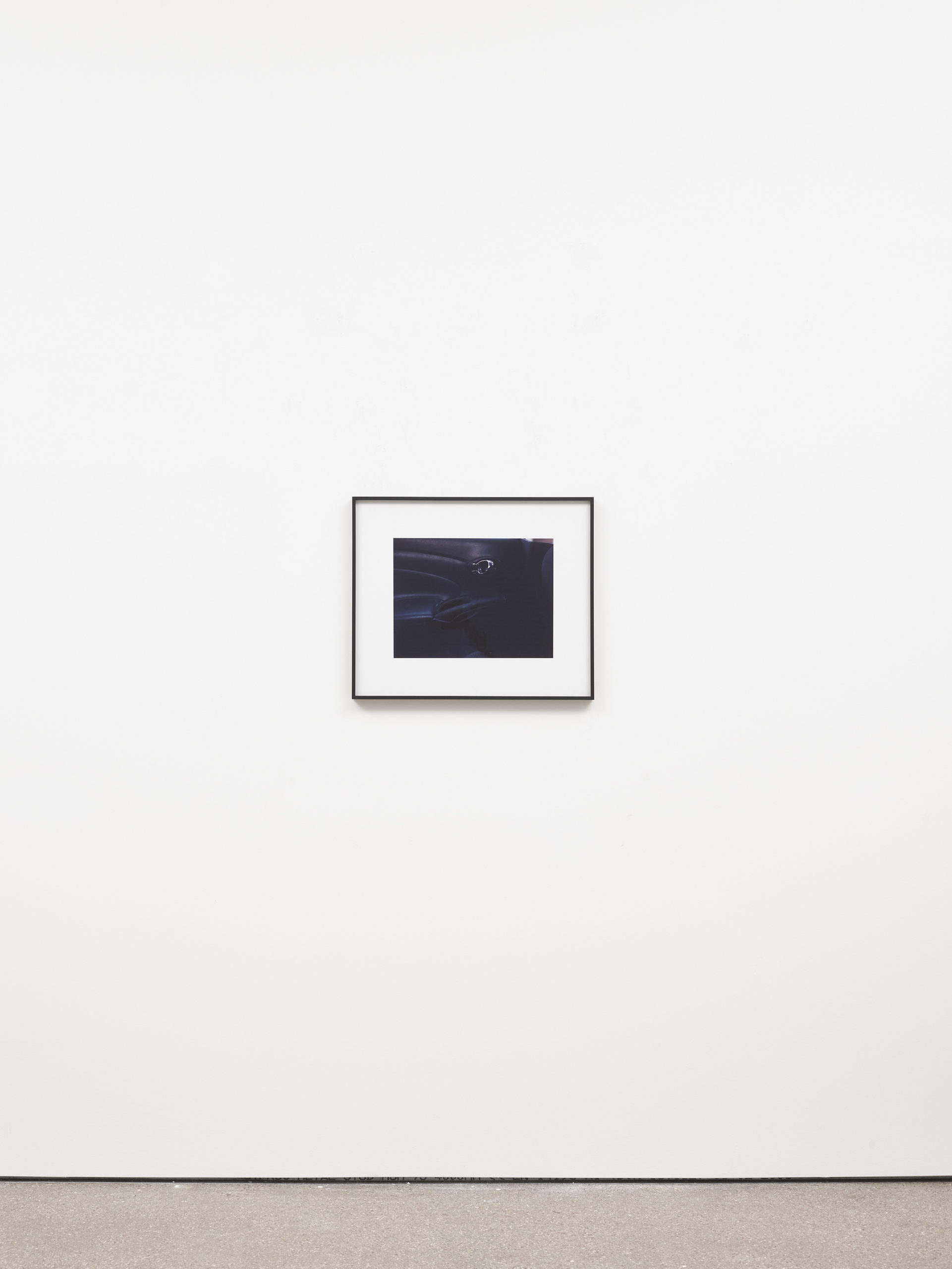
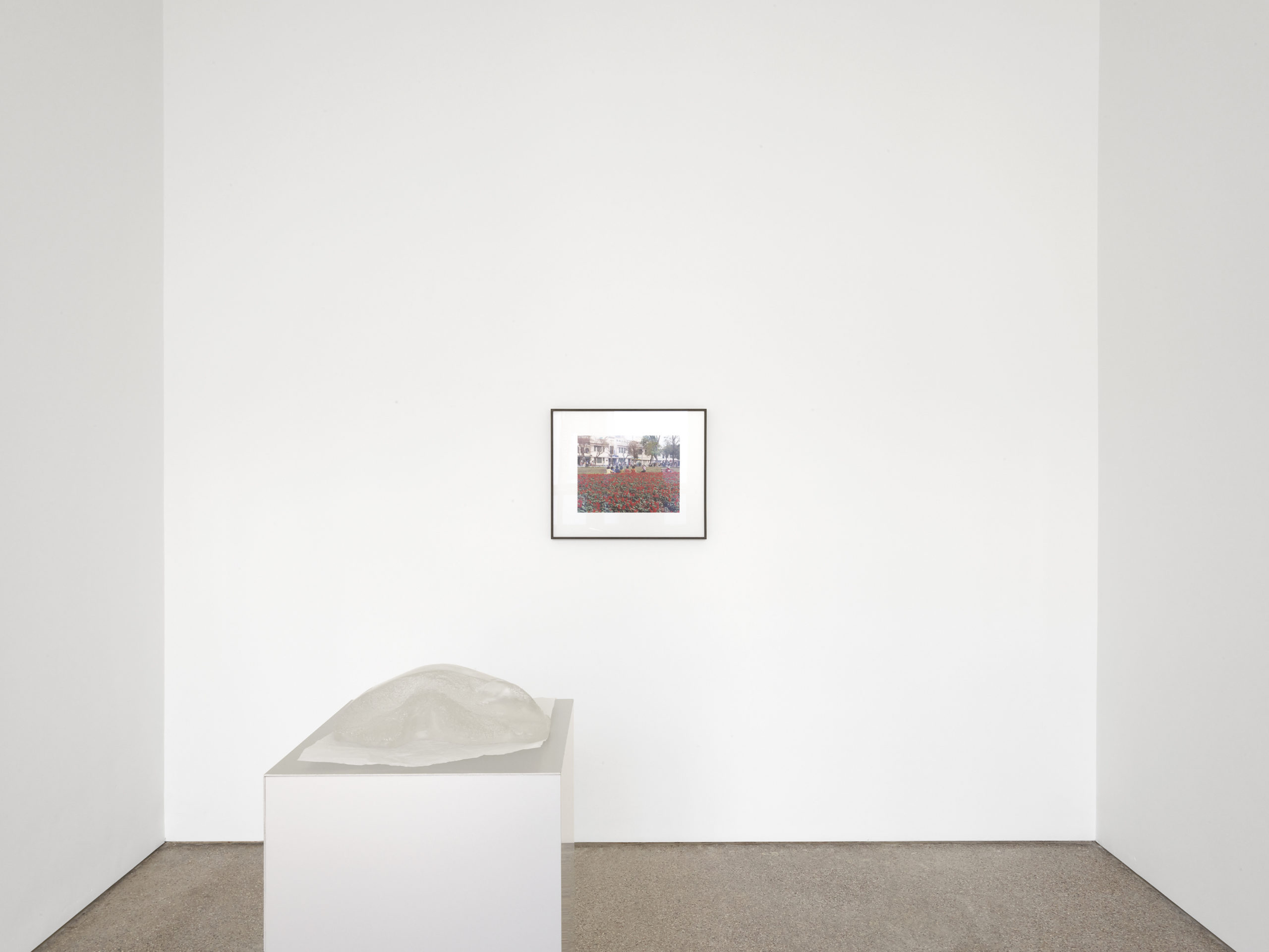
Installation view, OVR Joe Zorrilla, Galerie Greta Meert, 2022